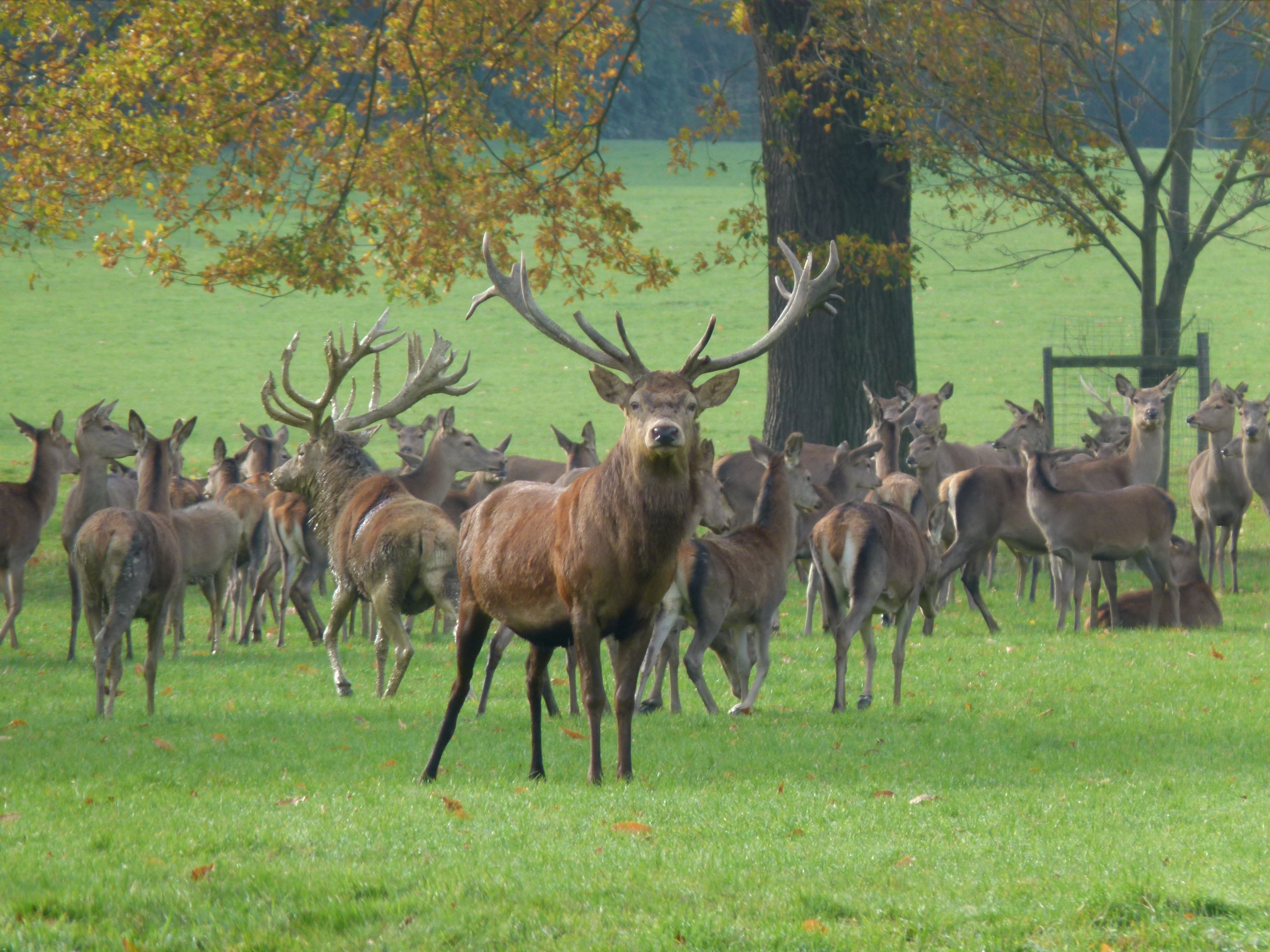A lack of financial support and problems accessing stock and information are hindering growth in Scotland’s deer farming sector, claims a new study.
The challenges facing the sector were highlighted in a study by Dr Gina Maffey from the University of Aberdeen in conjunction with the James Hutton Institute and the Scottish Venison Partnership.
Funded by Interface Food and Drink, the study found that while farmers interested in deer farming recognised the potential for the sector to grow, they were in need of more support before moving into deer farming.
“Although deer farming began in Scotland in the 1970s, we still don’t truly understand the industry,” said Dr Maffey.
“It is vital that new entrants and those already established are able to share information on new and best practices and funding opportunities to ensure the industry is able to meet its potential – and doing so requires government recognition of the role that a buoyant venison sector could have in the Scottish agricultural economy.”
Farm minister Richard Lochhead said government was committed to developing Scotland’s venison sector.
Last year funding was awarded through the Scottish Rural Development Programme’s skills development scheme for the Deer Farm and Park Demonstration Project.
Now in its second year, the project aims to give farmers and landowners an insight into deer farming and advice for those interested in diversifying into deer or developing a deer unit from scratch.
Stephen Gibbs, chairman of the Scottish Venison Partnership which is administering the project, said: “This is an opportune time to invest in the Scottish venison sector. We have a premium product, steadily growing consumer demand and a receptive market – however, quality imported product will still be an essential part of the make up of the market even if Scotland can significantly expand its own farmed production in the future.”
